How To Make A Boutonniere? Easy Steps Explained
Dress to impress your friends and family with this nifty little handmade accessory.
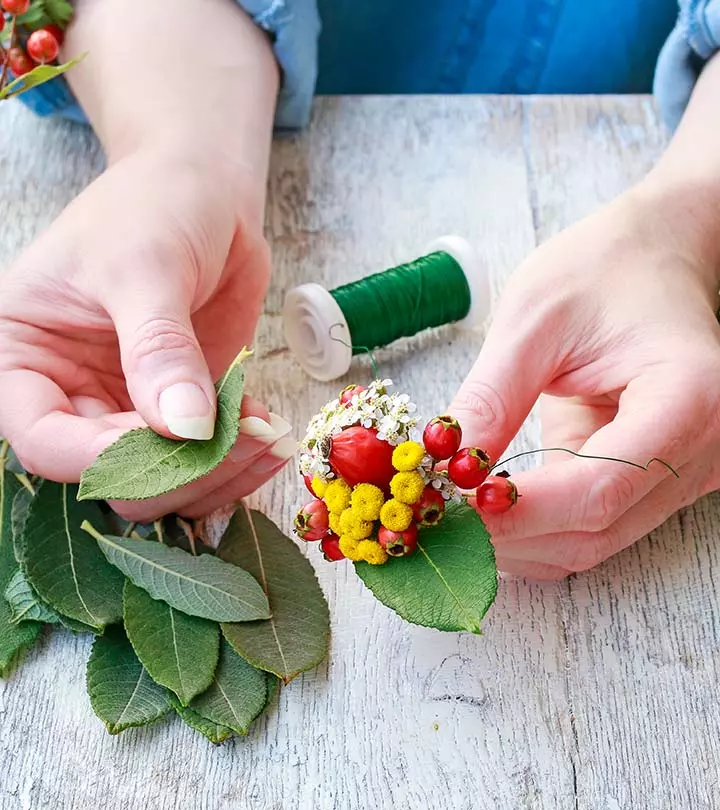
Image: Shutterstock
Those cute tiny flower petals or buds adorning the lapel of suit jackets or tuxedos….they just let the wearer step up their games like nothing else. Yes, we are talking about boutonniere, a floral design that can elevate any outfit. In this article, we will teach you how to make a boutonniere, a simple flower arrangement that can be worn as a lapel pin. But first, let’s know more about this accessory. The word “boutonniere” is a French word that means “buttonhole flower”. And you will be amazed to know that during the 16th century, it served the same purpose as a wedding bouquet did – to ward off evil spirits and back luck. This means you’ll see them at auspicious and significant occasions like prom, homecoming, wedding, and funeral. And now, we are gonna give all the deets relating to DIY boutonnieres, their benefits, and more. So you can let go of your worries around how to make a prom boutonniere or maybe a wedding one. Rest assured that you are gonna ace in making one yourself for that next event where wearing this accessory is essential. Now, go ahead and scroll down to find out how to make a simple boutonniere. Come on!
 Trivia
TriviaIn This Article
What Are The Benefits Of A DIY (Do It Yourself) Boutonniere?
Well, when it comes to wedding flowers, prom flowers, and groomsmen, DIY-ing floral accessories can be a great option to consider. You will doubtlessly benefit in many ways. First things first, doesn’t it just make you super happy when you are able to make something as beautiful and significant as a boutonniere on your own? Oh, sure it does! You cannot even get enough adoring it. You fill your phone gallery with pictures of all the crafts and handworks you have DIYed so keenly. Also, you just love showing them off a little too, and why shouldn’t you? In such an advanced world like today, where you can get everything from the comfort of your cribs with just a few clicks, you creatively design or create something yourself, then your skills should be known by everybody around you. Apart from this, if you DIY one, your creativity will get that essential boost too.
Then again, weddings, proms, and other such occasions where you wanna wear a boutonniere can be honestly expensive. It might seem like boutonnieres being tiny accessories would not cost that much on that floral budget of yours. But it would. And it is always better to save your hard-earned money wherever and whenever you can. So, when you DIY a boutonniere, you can save about $20 per boutonniere for sure.
What is more, DIYing a boutonniere is not difficult at all. With some materials in place and a bit of keenness on your part, you will make the best homemade boutonniere in the world. This is like watering two plants with one hose. You will be saving money when you DIY a boutonniere, and that too without having to add anything to the already existing wedding ceremony workload. If it is your wedding, you can approach your friends or relatives to make one for ya. And if you can take some time out from your schedule, you can sit down and make one too. The same applies to other events as well. So, always a big “Yes” to DIY Boutonniere.
Moreover, when it is a DIY boutonniere, you can add your own touch to it too. Yes, customization can be done when you purchase them undoubtedly, but it comes with an extra price, doesn’t it? So, you can always choose to DIY one that brings out your personality better and displays your tastes and interests more.
Rebekka, a blogger who shares her art projects on her blog, recently tried creating a boutonniere at home. Describing the process, she says, “So I gathered up a small stash of plants: Dusty Miller, Lamb’s Ear, two “flowers” I knicked from roadside bushes, rosemary, and mint. I made all of the stems roughly the same length, and then began layering them…. I held all the stems together and then wrapped them up with floral tape. I was amazed at how easily I could make something that looks this good (i)!”
When To Make A Boutonniere?
Okay, now that the importance of boutonnieres, especially the DIY ones, has been established, knowing when to make it is imperative. Since you will have natural flowers for this accessory, you do not want them to wilt on occasion. So make it in the morning of the event. It will remain fresh at least until the end of the event.
But if you think that you would have a lot of other tasks to carry out in the morning for the event and you wouldn’t be in your best creative self, then save some time exclusively for this job the night before the ceremony. Also, in this case, since there will be a considerable amount of time gap, you gotta keep the stems of the flowers exposed and set the boutonniere inside a shallow cup of some water in it. Then you need to keep it in a dry and cool place. No, not in the fridge. If there is some produce in the refrigerator, the gases that would be emitted will wilt the blooms. Which means it will cause significant harm to the flowers.
What Are The Materials Required To Make A Boutonniere?
If you have picked the flowers of your choice, you are definitely good to go. But there are other essential craft supplies you would require too. Below, we have the complete list of all the items you go into making this floral project a success.
- Statement blooms and some small-sized florals
- Floral snips and floral stem cutter
- Floral tape or floral glue (optional)
- Ribbon (optional)
Since you won’t have a floral wire source, the floral tape is mandatory to make a boutonniere. This tape is designed in such a way that it can seal the flower’s stem and save it from getting wilted.
How To Make A Boutonniere?
Making a boutonniere is easy, as mentioned before. Below, we are gonna teach you how to make a boutonniere step by step to make your project a straight success. Without further ado, let’s check them out.
Step 1
Seek Your Inspiration: If you have decided to make a boutonniere, then we are certain that you already have a design in mind. But if you don’t, you can find your inspiration from the internet or your surroundings. Understand different floral color palettes suitable for your tastes. If it is a wedding boutonniere, you might want to match the boutonniere design or the color of the bloom with other flowers that will be used for the wedding decor. Or, if you are making boutonnieres for prom, you might want to match with your buddies. For a funeral, maybe, you would want a much sober one. So, look for that right inspiration based on your preferences.
Step 2
Gather Your Blooms: Choose the flowers as per your choice. You can try getting one or two flowers that are small. Add three or four tiny bits of greenery or maybe some dried flowers. Try and get local native flowers if possible.
 Quick Tip
Quick TipStep 3
Cut the stems and clean them: Now, grab your stem cutter and cut the florals to the length that you desire. Ideally, the length of the stems should be two to three inches for you to be able to make the piece effortlessly. Once you put together the whole piece in the end, you can surely go back to trimming them for a much more uniform look. But make sure that the final length is an inch or even less to be fixed into the lapel perfectly. Clean the stems once trimmed.
Step 4
Make Your Arrangement: Now you are all set to arrange your boutonniere. Your stems are ready to put together. So start with the flowers, and then add the dried flowers or greenery right behind one by one.
Step 5
Wrap Time: Grab your floral tape and wrap your boutonniere once all the arrangement is set together. Make sure to wrap all the stems really tightly, so they don’t detach from the group by the end of the day. Now, trim those stems to make them hit that one-inch mark for a much more neat look. Once done, you can cover the floral tape by wrapping the boutonniere with ribbon around too.
Step 6
Store Carefully Until The Event: This has been mentioned before, but it needs emphasis, else the hard work might just be a waste, so let us say this again: If you wanna make this accessory the morning of the event, then store it in some dry and cool place till you fix it to the lapel. And if you think of making the night prior to the ceremony, then too, you gotta place it in some place cool but definitely not the refrigerator. Put it inside a shallow cup consisting of water overnight.
These are the steps to make a boutonniere. But how to preserve it forever? Keep scrolling to learn.
How To Preserve A Boutonniere
Every small detail of your wedding attire is special, including a boutonniere. After the wedding ceremony, you do not have to throw the boutonniere away. Follow the steps below to learn how to preserve a boutonniere for a lifetime.
- If you only want to preserve the flowers separate the arrangement and spray at least an inch of silica gel in a dried and airtight container. Place the flowers on the layer carefully and separate from each other. Spray another layer of the gel on the flowers and seal the container. Leave the flowers to dry for 3 weeks. Remove them afterward and clean the excess gel from the petals.
- Alternatively, hang the boutonniere upside down in a dark and dry room to let it dry for at least a week.
So, folks, now that you have all the tips and tricks on how to make a boutonniere, what are you waiting for? You don’t have to break your head into knowing how to make your own boutonniere for a wedding, prom, or other events anymore. With this article in place, you can just pull up your sleeves and get yourself into the business. So, show the people around your creative self too. Go on now!
Frequently Asked Questions
How do you attach a boutonniere without a pin?
You can secure a boutonniere without a pin with a boutonniere latch, a horizontal string placed below the buttonhole.
What kind of pin do you use for a boutonniere?
You should use a 3.5mm pin to attach the boutonniere.
Do boutonniere magnets work?
Boutonniere magnets are the new age solutions to secure a boutonniere effortlessly without needing pins. These add to the flexibility, convenience, and ease of securing and removing a boutonniere. However, people with pacemakers should stay away from magnets.
What is the difference between a corsage and a boutonniere?
A corsage is a floral decoration worn by women on their wrists or chest on the left, while a boutonniere is worn by men on their coat lapels on the right side.
Should the boutonniere match the tie?
While the boutonniere could be any color, you may choose to match it to the tie or suit color to accentuate their design.
Key Takeaways
- Boutonnieres have to be made on the morning of the event as it includes natural flowers, and they should remain fresh throughout the day.
- Statement blooms, some small-sized florals, floral snips, a floral stem cutter, floral tape, and ribbon are the materials and tools required to make a boutonniere.
- It is important to start simple, so one or two flowers with three or four tiny pieces of greenery or some dried flowers do the job.
- A boutonniere should not fall apart by the end of the day so the stems need to be tightly wrapped.
Illustration: How to Make a Boutonniere? Your Complete Guide
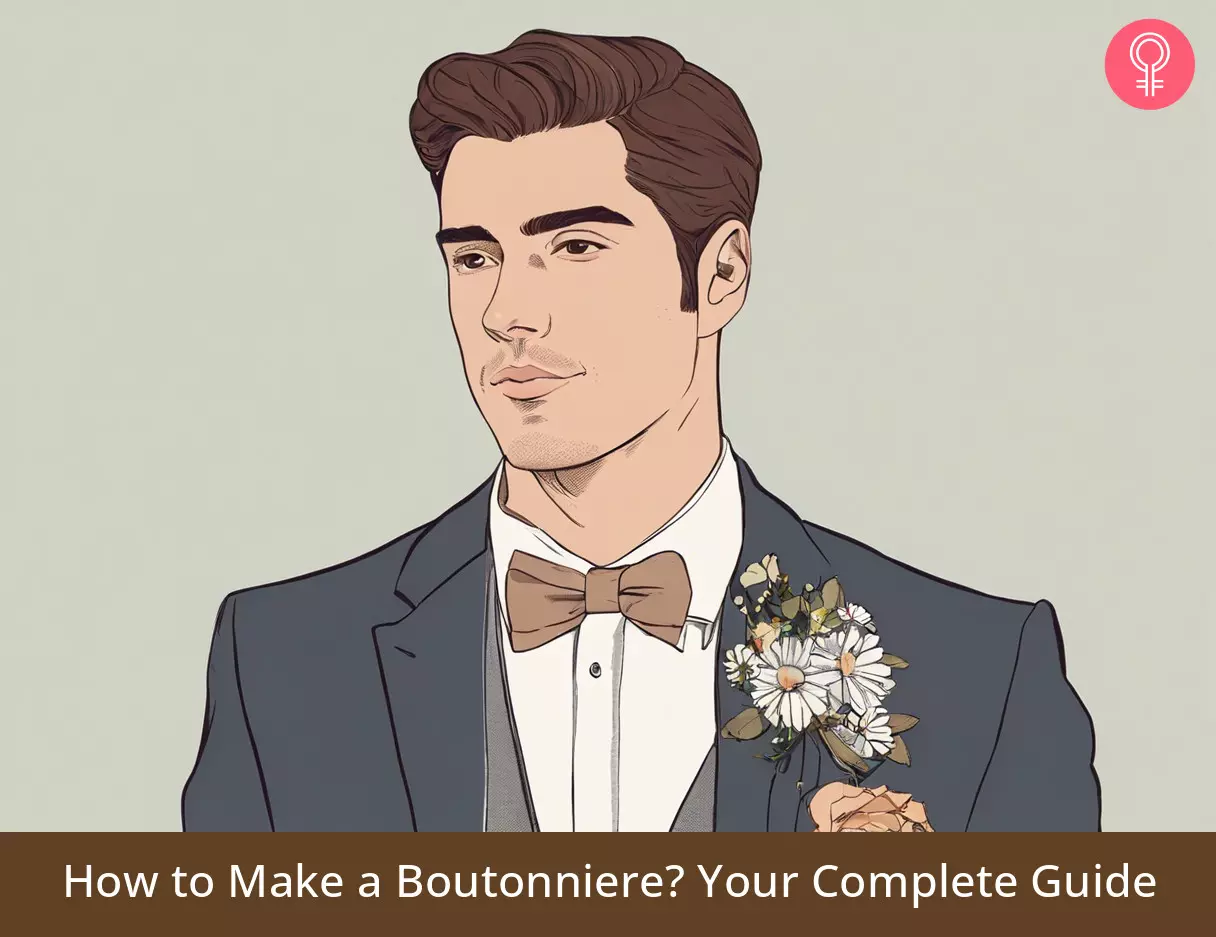
Image: Stable Diffusion/StyleCraze Design Team
Learn how to make a beautiful boutonniere for your special occasion! Follow the easy steps shared in this video to create a unique and stylish accessory.
Personal Experience: Source
StyleCraze's articles are interwoven with authentic personal narratives that provide depth and resonance to our content. Below are the sources of the personal accounts referenced in this article.
i. Homemade boutonnierehttps://jadeflower.wordpress.com/2010/04/16/homemade-boutonniere/
Read full bio of Jeff Lanno
Read full bio of Shivani Chandel
Read full bio of Madhumati Chowdhury
Read full bio of Sneha Tete








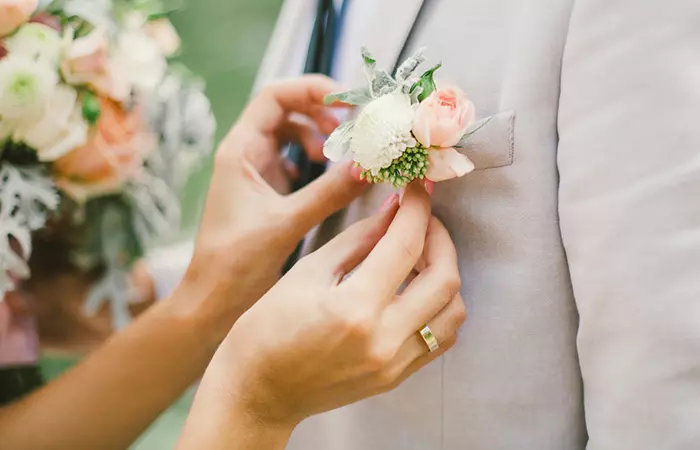
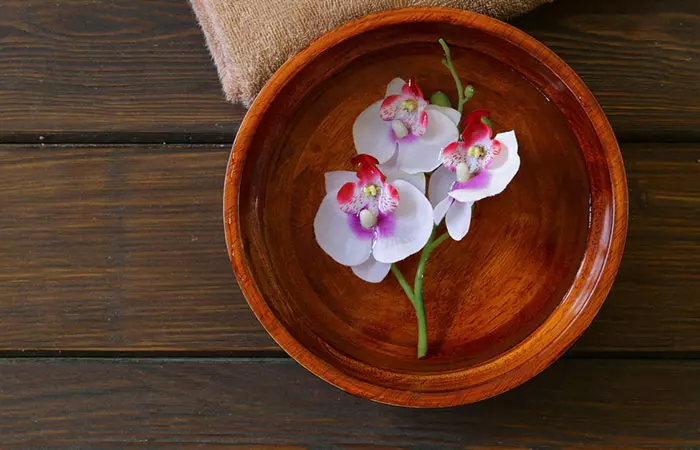
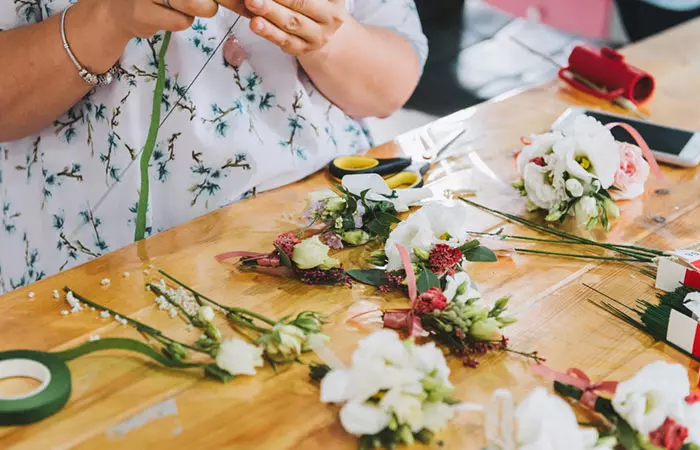
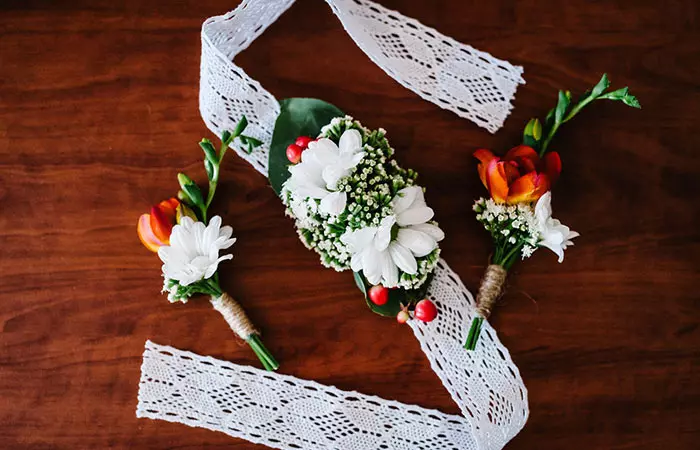
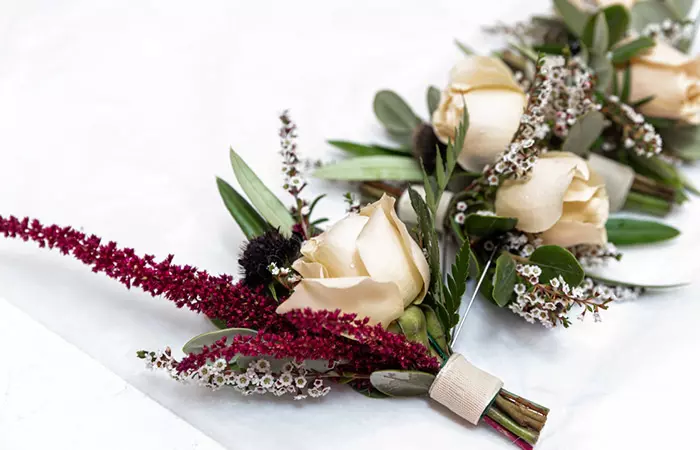
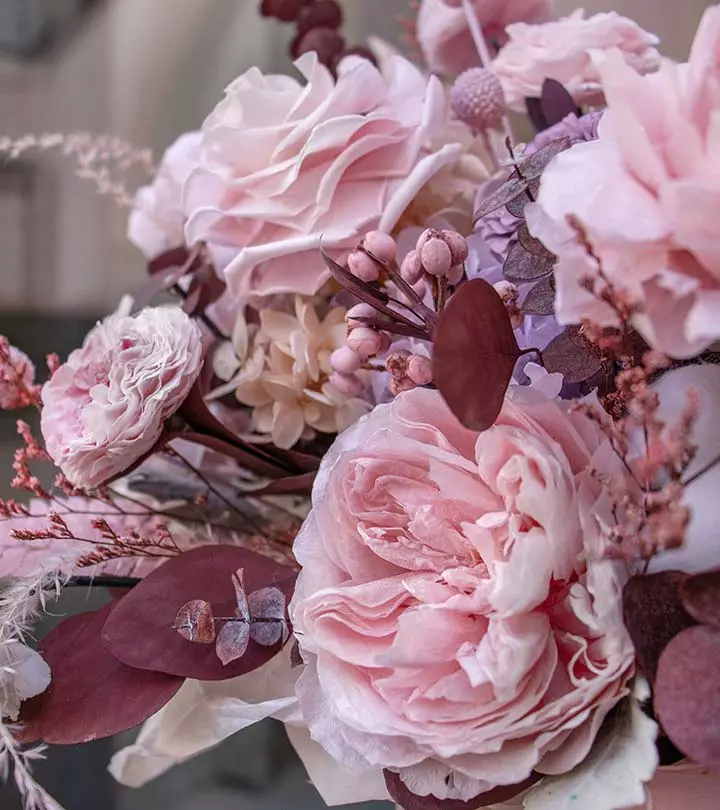
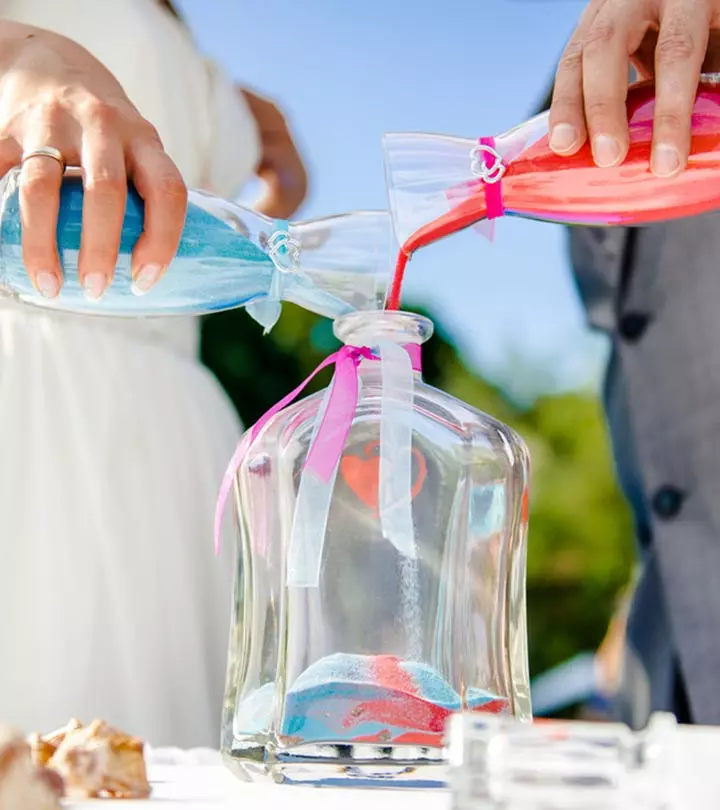
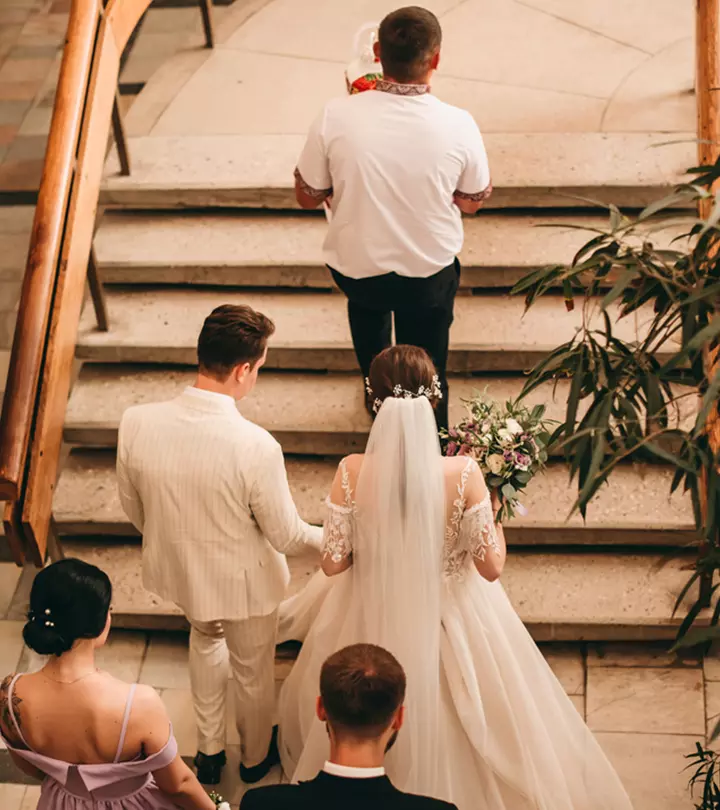

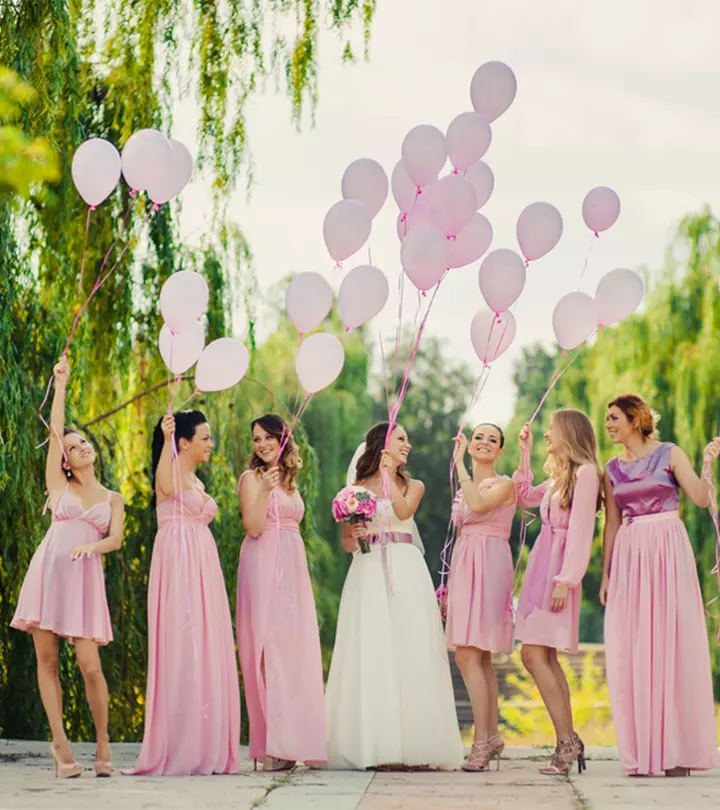
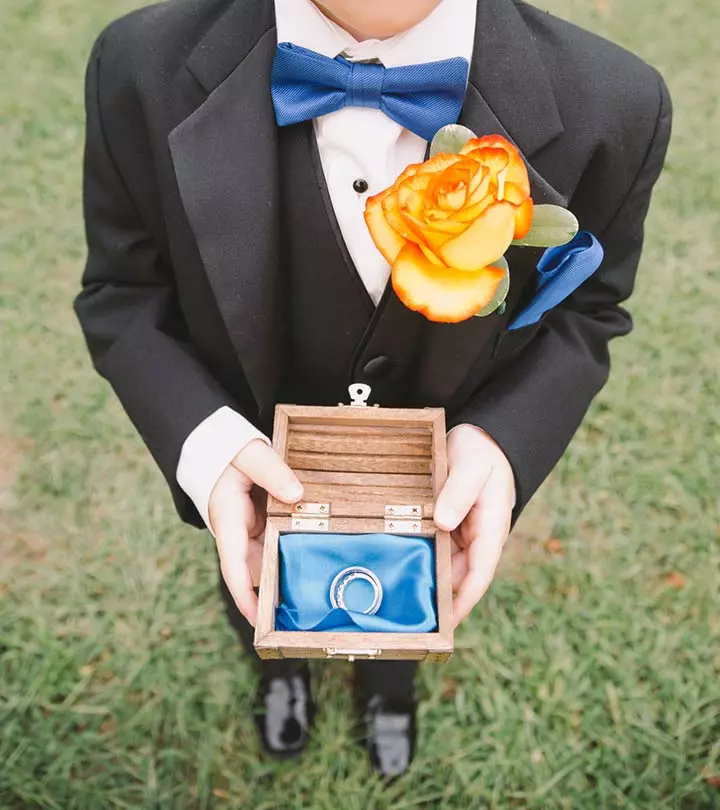

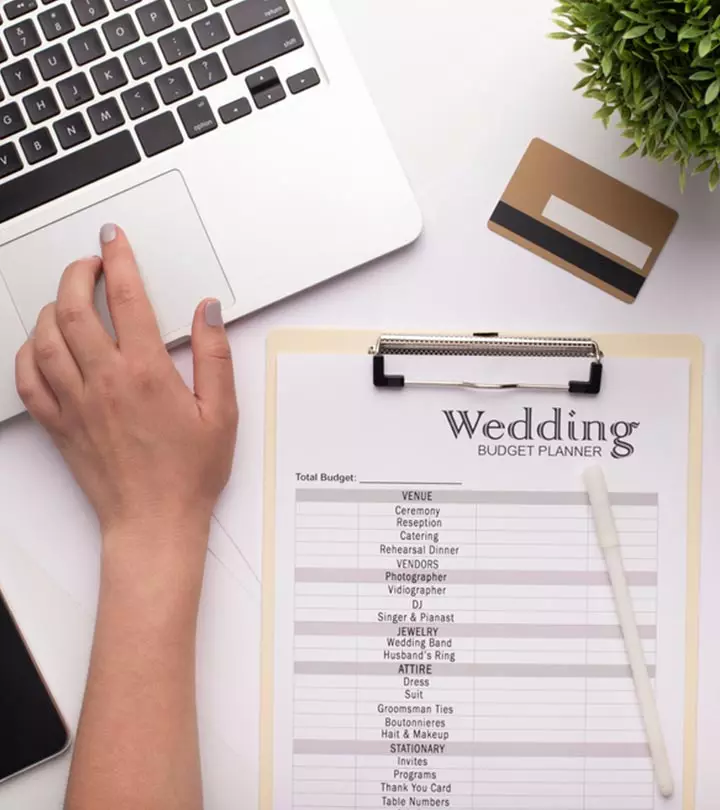


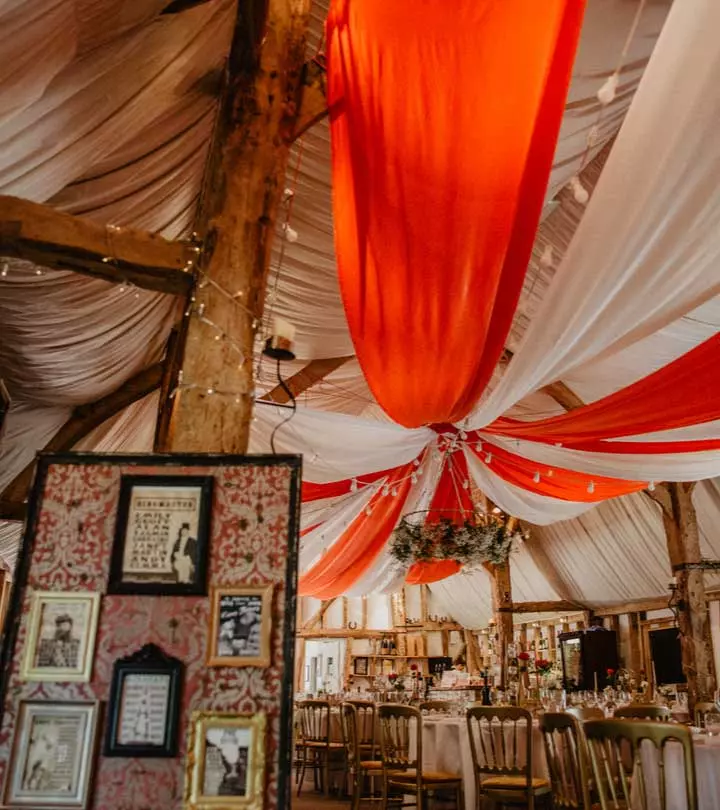



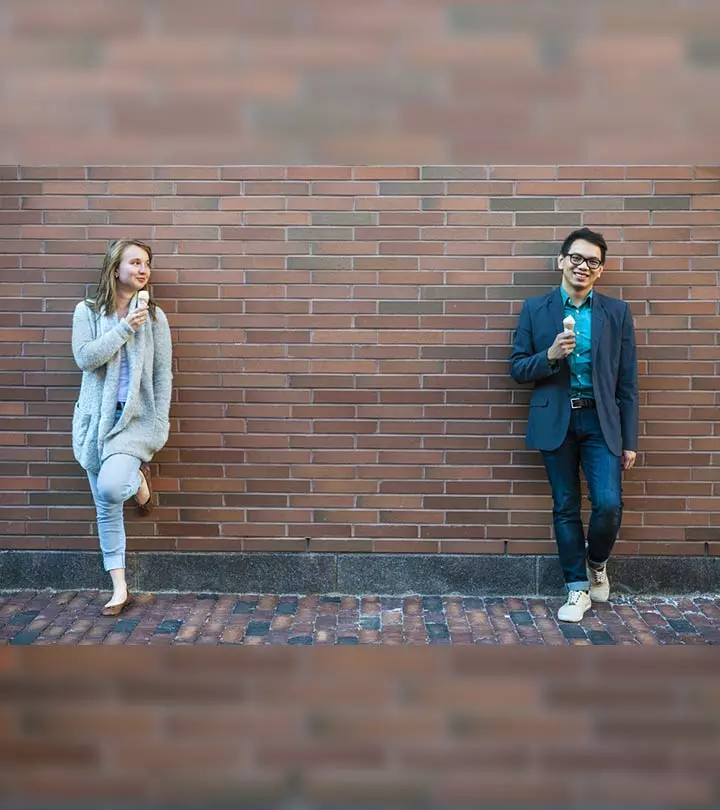
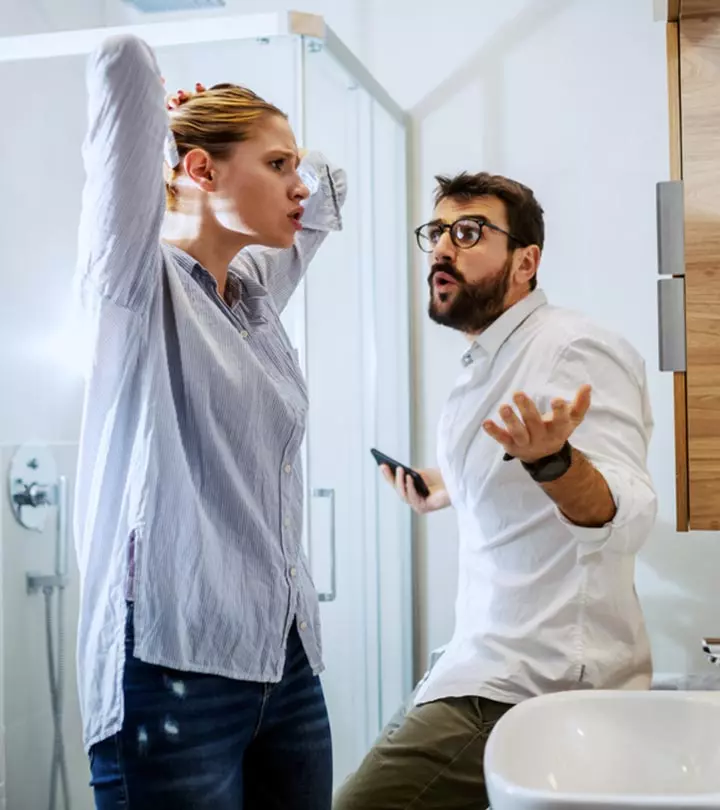





Community Experiences
Join the conversation and become a part of our empowering community! Share your stories, experiences, and insights to connect with other beauty, lifestyle, and health enthusiasts.